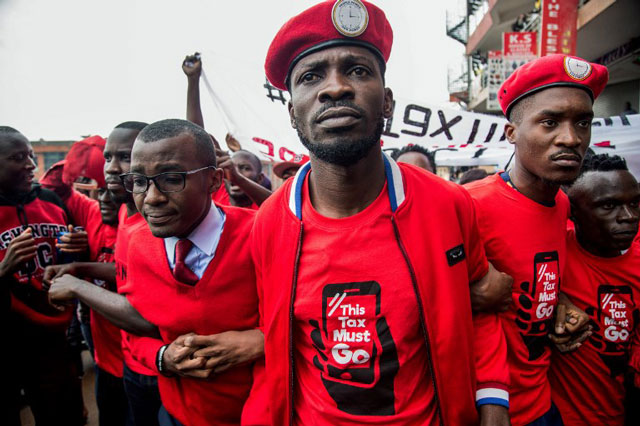
COMMENT | Kristof Titeca | Uganda is a very different country today than it was when President Yoweri Museveni came to power in 1986, not only in terms of development but also in terms of population. Uganda has the world’s second youngest population, seventy-eight percent of whom are under 30 years old.
The regime therefore has to rely on different sources of legitimacy than when it came to power. Previously, the Museveni regime’s achievement of bringing an end to war was its primary source of legitimacy and, while this is still important for certain categories of the electorate – in particular older generations – it is no longer relevant for younger generations.
The Museveni regime is increasingly struggling to build legitimacy among this group, which wants public services and employment rather than distant stories about how the regime brought an end to war when it came to power in 1986.
This has made the regime even more dependent on the use of patronage and violence.
In doing so, it risks losing its hold on the ‘Museveni babies’ – the more than 80 percent of the population born after the incumbent president came to power in 1986. Even young urban elites who have largely chosen to remain apolitical, many of them children to ruling party members or otherwise part and parcel of the expansive National Resistance Movement (NRM) party state, feel further alienated.
This policy brief titled “Its own worst enemy? The Ugandan government is taking desperate measures to control rising dissent on Uganda”, and written for the Egmont Institute, aims to explain the ways in which the Museveni regime has dealt with these changing circumstances. Concretely, it argues that the regime’s attempts to improve public services largely fail because of existing patronage dynamics.
** Kristof Titeca is an assistant professor at the Institute of Development Policy, University of Antwerp, focussing on governance and conflict in Uganda and the Democratic Republic of Congo.
POLICY BRIEF IN FULL
Policy Brief on Uganda by on Scribd
 The Independent Uganda: You get the Truth we Pay the Price
The Independent Uganda: You get the Truth we Pay the Price



Ι genuinely enjoy studying on this site, іt hаѕ excellent articles.